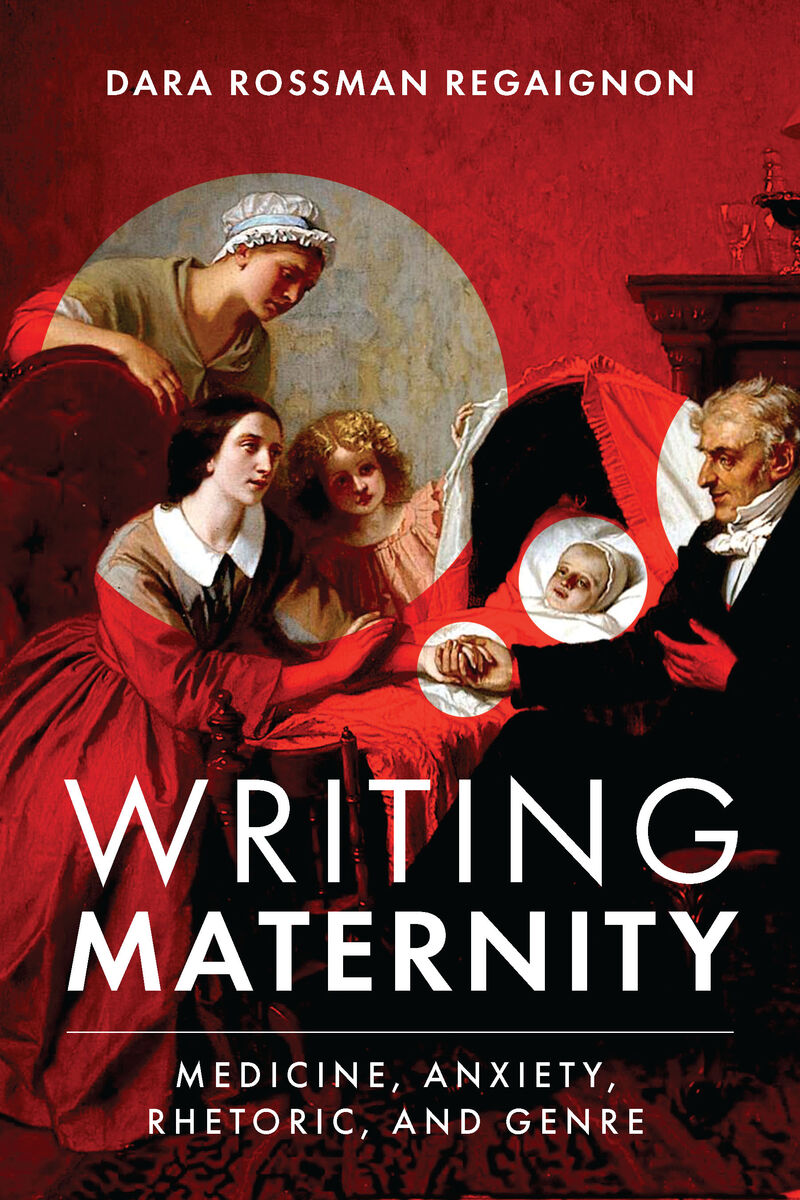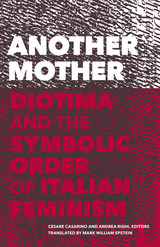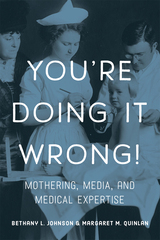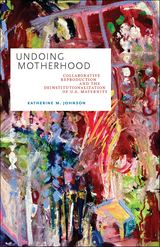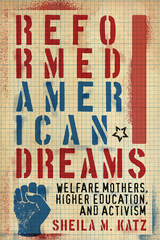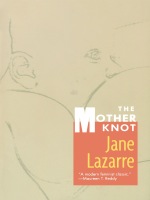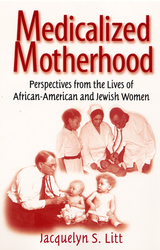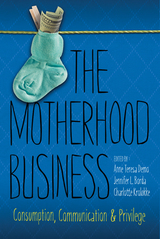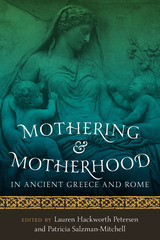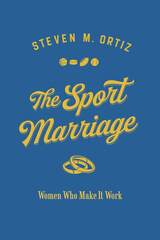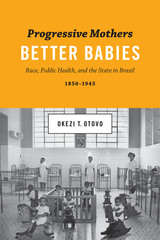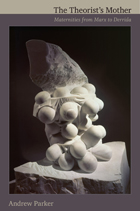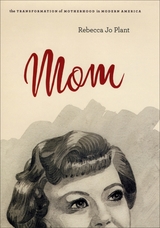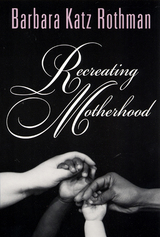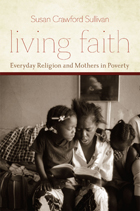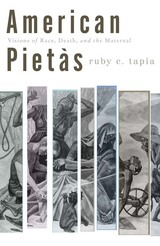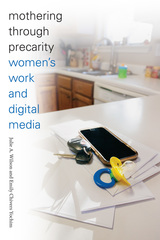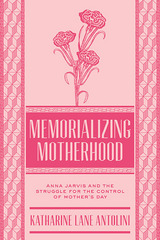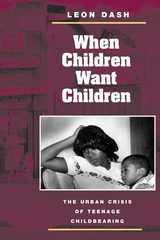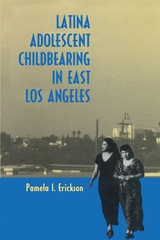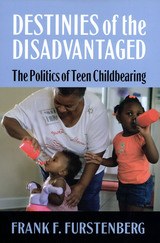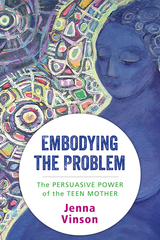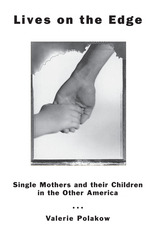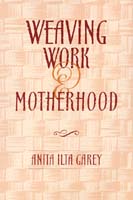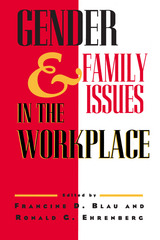Writing Maternity: Medicine, Anxiety, Rhetoric, and Genre
The Ohio State University Press, 2024
Paper: 978-0-8142-5789-0 | eISBN: 978-0-8142-8116-1 | Cloth: 978-0-8142-1469-5
Library of Congress Classification HQ759.R4564 2021
Dewey Decimal Classification 306.87430973
Paper: 978-0-8142-5789-0 | eISBN: 978-0-8142-8116-1 | Cloth: 978-0-8142-1469-5
Library of Congress Classification HQ759.R4564 2021
Dewey Decimal Classification 306.87430973
ABOUT THIS BOOK | AUTHOR BIOGRAPHY | REVIEWS | TOC
ABOUT THIS BOOK
When did mothers start worrying so much? Why do they keep worrying so? Writing Maternity: Medicine, Anxiety, Rhetoric, and Genre answers these questions by identifying the nineteenth-century rhetorical origins of maternal anxiety, inviting readers to think about worrying not as something individual mothers do but as an affect that since Victorian times has defined middle-class motherhood itself. In this book, Dara Rossman Regaignon offers the first comprehensive study of child-rearing advice literature from early-nineteenth-century Britain and argues that the historical emergence of that genre catalyzed a durable shift in which maternal care was identified as maternal anxiety. Tracing the rhetorical circulation of this affect from advice literature through the memoirs of Mary Martha Sherwood (1775–1851) and Catharine Tait (1819–1878), as well as fiction by Charles Dickens, Elizabeth Gaskell, the Brontës, and Charlotte Mary Yonge, Regaignon gives maternal anxiety a literary-rhetorical history. She does this by bringing concepts such as uptake and genre ecology into literary studies from rhetorical genre theory, making a case for a mobile and culturally influential notion of genre. Examining specific case studies on child death, paid childcare, and infant doping, among others, Regaignon argues that the ideology of nurturing motherhood was predicated upon the rhetorical cultivation of maternal anxiety—which has had significant consequences for the experience of motherhood and maternal feeling.
See other books on: Children | English literature | Genre | Medicine | Motherhood in literature
See other titles from The Ohio State University Press
